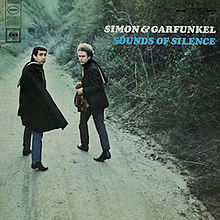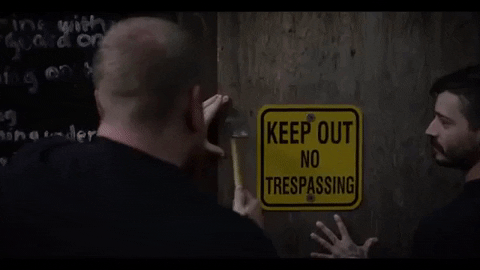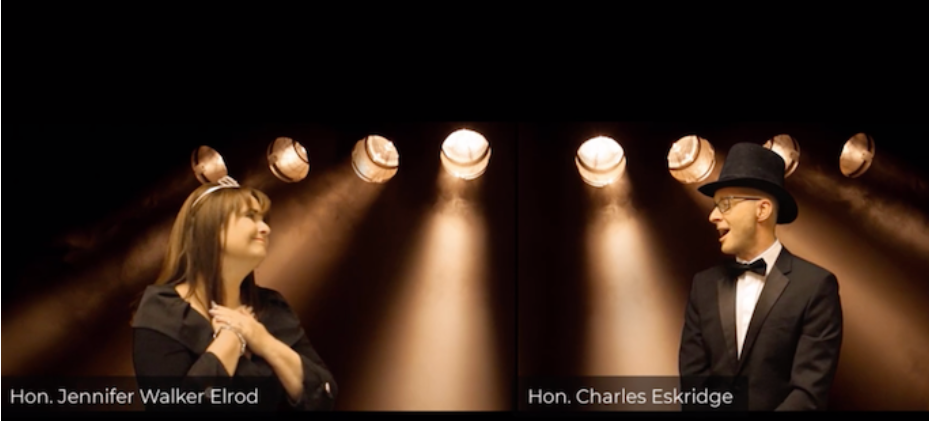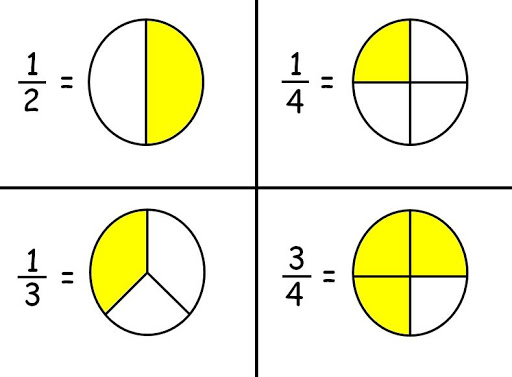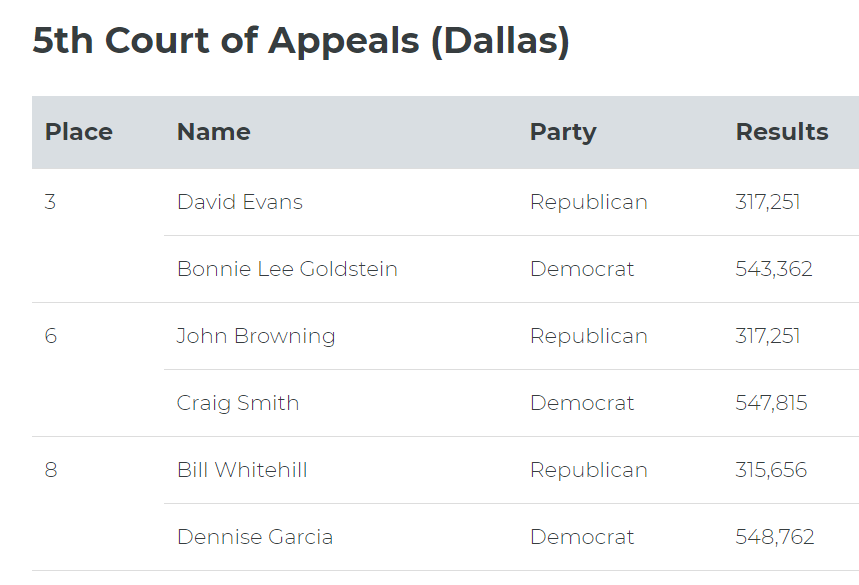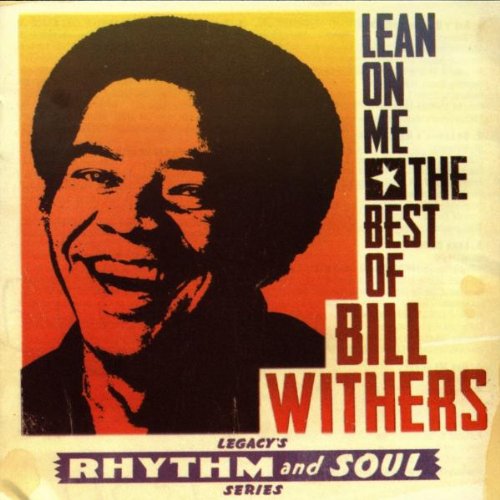 The Fifth Court granted mandamus relief in a proceeding related to the removal of a mechanic’s lien in In re J&S Utilities, No. 05-20-00696-CV (Nov. 24, 2020) (mem. op.), holding as follows:
The Fifth Court granted mandamus relief in a proceeding related to the removal of a mechanic’s lien in In re J&S Utilities, No. 05-20-00696-CV (Nov. 24, 2020) (mem. op.), holding as follows:
Abuse of discretion. “[T]he statute allows for an evidentiary hearing regardless of whether claimant elected to file a response. Although the trial court may have had the option of disregarding J&S Utilities’ response under its local rules, the trial court did not have the right to make a determination on submission and forfeit J&S Utilities’ right to an evidentiary hearing. For these reasons, we conclude the trial court abused its  discretion by denying J&S Utilities an evidentiary hearing.” (citation omitted).
discretion by denying J&S Utilities an evidentiary hearing.” (citation omitted).
Inadequate remedy. “The legislature provided for J&S Utilities’ due process rights by the statutory procedure that was enacted, but which the trial court denied to J&S Utilities and which cannot be cured by a subsequent appeal. Mandamus relief, however, will preserve J&S Utilities’ statutory right to an evidentiary hearing on the summary motion.”

